Everything You Need To Know About Silicones

written by nail expert Jess Rowley
Everything You Need To Know About Silicones:
So you may have heard about silicones, with countless hairstylists swearing against them and being forbidden for those following the Curly Girl Method.
But what are silicones, and are they as bad as they make out?
And yes, there is certainly a reason why you should avoid them, especially when following the CGM, but not all silicones are created equal, and some come with benefits.
There are two main types of silicones, water-soluble and non-soluble, and while the CGM forbids them both, I’m going to talk about why water-soluble silicones may actually be beneficial for hair and especially curly hair.
If you know how to use silicones and do a monthly clarifying shampoo, there is no need to fear when your products have silicones in. Top brands like Olaplex have silicones in their products, and they’re known as the cool kids on the block at the moment!
So why are silicones so bad, then?
Silicones get a bad rep, and yes, you should look to go silicone-free in most of your products, but there are some benefits of having silicones in your hair care routine.
You’ll never see the day where a curly girl is promoting silicones; I hope you haven’t clicked off just yet! Let’s talk more about the pros and cons of silicone to see what you think.
Let’s delve in!

What Are Silicones?
Before we delve into the debate around silicones, let’s talk about the basics, what are silicones, and why are they in conditioning hair products?
Silicones are polymers with a chemical structure based on chains of silicon and oxygen atoms. There are two main types water-soluble and non-soluble silicones.
Silicones create a temporary illusion of healthy hair; they form a layer over the hair shaft to lock in moisture. They create a protective seal over the hair follicle to trap moisture and protect the hair strands from damage.
The main reason why many people avoid silicones is that they require sulfates to remove. Without sulfate shampoos, they build up on hair and cause hair to become brittle as moisture cannot penetrate through.
They’re also hard to spot, there are many different types of silicones, and most silicones end in “cone”, but this is often quite hard to spot with the complicated ingredients list.
This is especially why those with curly hair avoid silicones, as when they build up, they stop moisturizing products from penetrating into the hair shaft; since curly hair is prone to dryness, this is not ideal.
Plus, sulfates are very harsh on curls; even some sulfate-free shampoos are too harsh on curls, so without the sulfates, they buildup on curls, causing them to become limp and lifeless.
But it’s not all doom and gloom; there are some benefits of silicones and, in particular, water-soluble silicones for protecting hair and helping with moisture retention.
Water-Soluble Vs Non-Soluble Silicones:
So there are two main silicones water-soluble silicones and non-soluble silicones. But what is the difference? Are they both bad?
Water-soluble silicones are actually really beneficial for your hair, but let’s talk about each in more detail, starting with non-soluble silicones:
Non-Soluble Silicones:
The key is in the name here really, non-soluble silicones cannot remove or penetrate with water. They inadvertently damage the hair as they stick to the hair’s surface to create a plastic-like film.
Since it can only be removed with a clarifying shampoo, silicone buildup of this type of silicone is common. This prevents strands from being able to absorb water, air, and nutrients.
While clarifying shampoo is great for removing this buildup, using it too regularly can lead to hair becoming dry and brittle, making it more prone to breakage and damage.
Clarifying shampoos strip hair from moisture, making it more prone to heat damage as heat strips hair strands from moisture even further. Clarifying shampoo and even sulfate shampoo is also far too harsh to use on curls, so non-soluble silicones should be avoided at all costs.
There are benefits of non-soluble silicones as they create a lubricant to help detangle as well as form a seal over the hair to protect hair from high heat styling better than natural oils. But for the sake of everything else, they should be avoided.
The issue with non-soluble silicones is that they seal the hair shaft completely so that no moisture can penetrate the hair shaft until you wash out the silicone with a clarifying shampoo.
You can do a clarifying shampoo regularly if you follow it up with a deep conditioning treatment, it is recommended once a month, but all in all, with brittle hair, it should be avoided.
Here is the list of non-soluble silicones to watch out for:
- Dimethicone
- Cyclomethicone
- Amodimethicone
- Phenyl Trimethicone
- Cetearyl Methicone
- Dimethiconol
- Stearyl Dimethicone
- Ingredients end with “-cone.”
- Amodimethicone (only non-soluble when it does not contain Trideceth-12 and Cetrimonium Chloride)
Water Soluble Silicone:
Water-soluble silicones are often found in hair care products, and the giveaway is in the name; they tend to dissolve in water. It is a silicone that can easily be washed out with a mild shampoo or conditioner for curly hair.
Water-soluble silicones are actually safe to use on curly hair as they provide protection from thermal damage caused when heat styling; they can also aid moisture retention and help hold in the natural oils on the end of curls so they can work their magic.
It also gives hair that silky shine that everyone loves. Water-soluble silicones can also promote the natural curl shape, so they are safe to use on curly hair and won’t buildup.
Water-Soluble Silicones Examples:
- Dimethicone Copolyol
- Lauryl Methicone Copolyol
- Any silicone with PEG as a prefix
Olaplex products contain the sulfate Amodimethicone which, while it is not water-soluble it is still safe to use on curly hair as it washes out with three normal washes and does not build up on hair.
How Are Silicones Bad For Hair?
There are many upsides of silicones, but there are also many drawbacks of silicones in hair products, which is why many people buy silicone-free products.
For example, without sulfates to remove non-soluble silicones, they buildup on hair. So while retaining existing moisture, moisture, water, and nutrients cannot penetrate through the layer of silicone. This causes hair to become brittle, curls to become dry and limp, and causes breakage.
They weigh hair down and leave a greasy residue. For curly hair, silicones even stop your products for curly hair from working efficiently, so curls look frizzy, dry, undefined, and limp.
While silicones aren’t always as bad as they seem, they’re easily removed with sulfate shampoo or clarifying shampoo for buildup. It’s mainly the sulfates that are the issue.
While straight hair sulfates are not too harsh but for damaged, dry, curly hair types, it is the worst kind of shampoo to use. These hair types are already lacking in moisture and hydration, and sulfates strip the hair of moisture even further.
Plus, without sulfates, silicones cannot be removed, so you have the inevitable effects of silicones building up on hair– so if you have these hair types, it’s best to avoid non-soluble silicones.
How Are Silicones Good For Hair?
So now we’ve talked about the bad, what about the good? There is a heap of benefits of using silicones as long as you clarify or opt for water-soluble silicones.
Water-soluble silicones can actually help aid with hydration by retaining moisture and smoothing the cuticle; this helps high porosity hair keep hold of moisture within the cuticle– which is quite difficult for this hair type.
Silicones can also protect the hair as they form a seal over the ends to protect hair from heat damage and even frizz; they add shine and improve manageability.
Both water-soluble and non-soluble silicones do this, so it is best to opt for water-soluble as they ensure very little buildup, and they wash out with milk shampoos; they can even help with hair brittleness and damaged hair.
This is why you’ll notice cosmetic manufacturers add silicones to their products to help aid with this hydration, such as brands like Olaplex.
Water-soluble silicones also wash out with water, so you can have all of the benefits with zero of the negative effects of the buildup as they wash out with water.
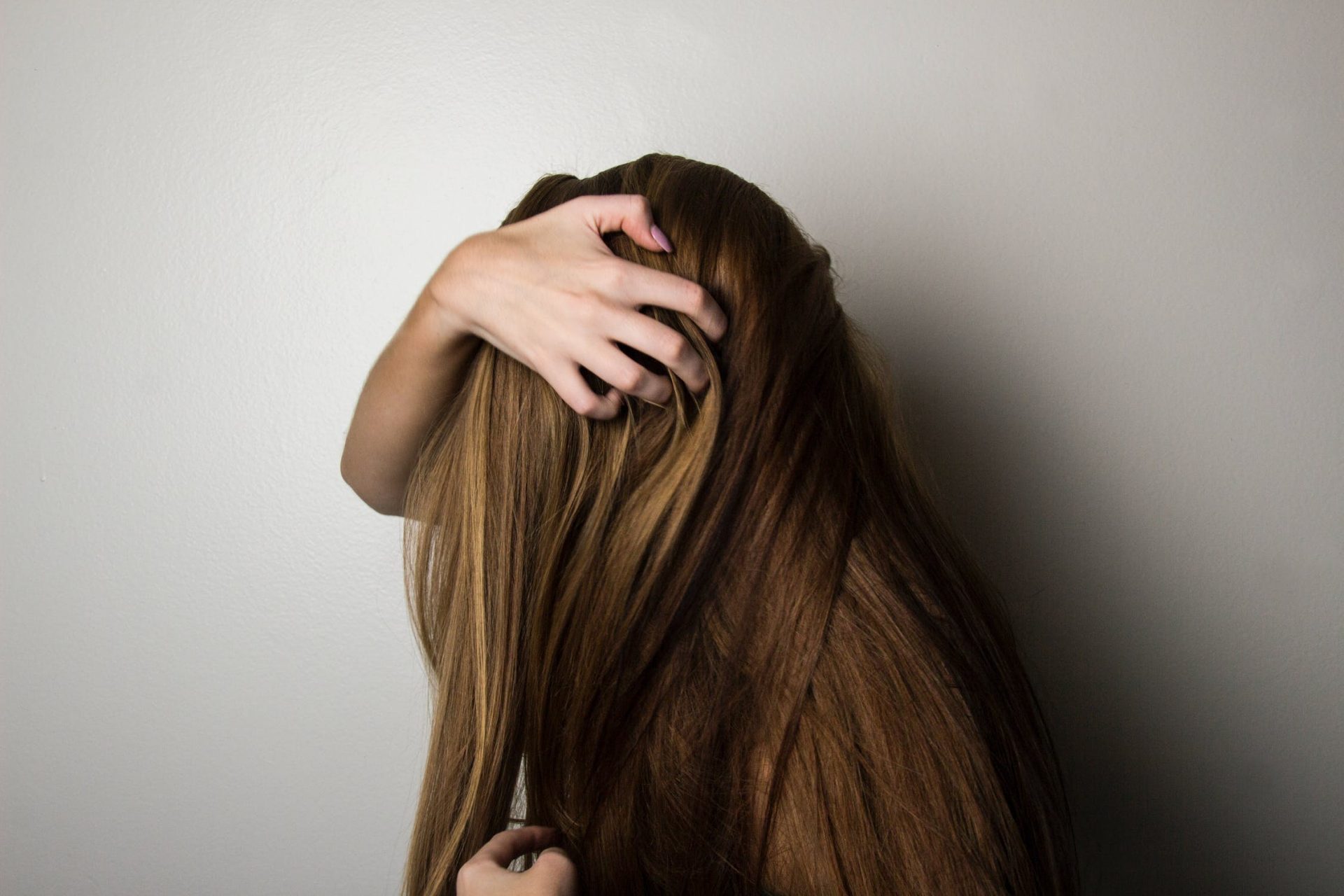
Can You Use Silicones On Curly Hair?
Yes and no. There is a serious debate around silicones and curly hair, and those following the Curly Girl Method should not use any type of silicones on their hair.
This is not necessarily because silicones are bad for curly hair, but they buildup on the hair and can only be removed with sulfates which are too harsh for curls.
Sulfates strip the hair of natural oils and moisture, and since curly hair types are already prone to dryness, this can damage the curl shape and leave curls dry and brittle.
That being said, despite not being Curly Girl Method approved, there are some benefits of water-soluble silicones for curly hair, plus they wash out with mild shampoos, and there’s no heavy buildup.
WS silicones can help aid hydration and moisture retention without stopping your styling products from working effectively. They also provide curls with the slip needed to detangle curly hair, more than any natural product.
The only thing needed is to use a clarifying shampoo once every few months if there is any buildup. But if not used regularly and followed up by an intense treatment, there is no reason why curly girls cannot clarify their hair from time to time; it ensures their hair products work to the best of their ability.
While those with curly hair should avoid non-soluble silicones at all costs, water-soluble silicones in hair care products are actually very beneficial, especially in leave-in conditioners or styling products.
So despite being frowned upon, curlies can use silicones in their hair care routine, as long as they’re water-soluble and wash out with gentle shampoo or even water.
Summary:
So there you have it, everything you need to know about silicones. There are many benefits of silicones, but for those looking for non-buildup in hair care products, then water-soluble silicones are the best match.
Any hair type can benefit from water-soluble silicones, especially high porosity and dry hair types, as it helps aid hydration, seal in moisture without building up on hair.
Did you learn something new about silicones in hair care today?
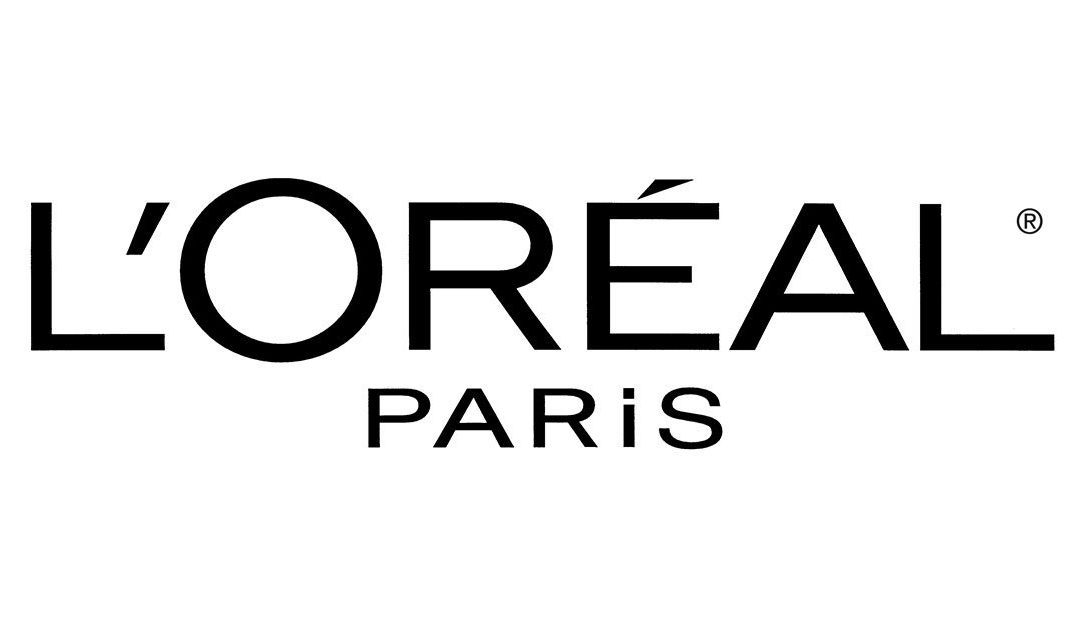
Best L’Oreal Products For Men
[Review] in 2022 written by nail expert Jess RowleyCheck out the results fast - here are our review winners[dica_divi_carousel item_width_tablet="400px" item_width_phone="345px"...
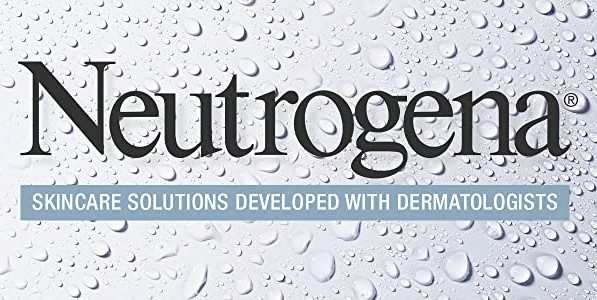
Best Neutrogena Skincare Products
[Review] in 2022 written by nail expert Jess RowleyCheck out the results fast - here are our review winners[dica_divi_carousel item_width_tablet="400px" item_width_phone="345px"...
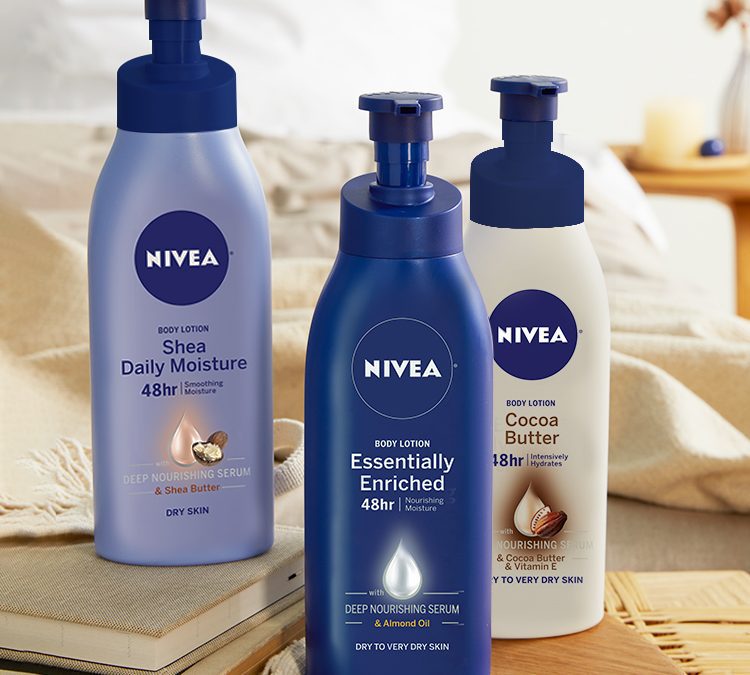
Best Nivea Products For Men
[Review] in 2022 written by nail expert Jess RowleyCheck out the results fast - here are our review winners[dica_divi_carousel item_width_tablet="400px" item_width_phone="345px"...
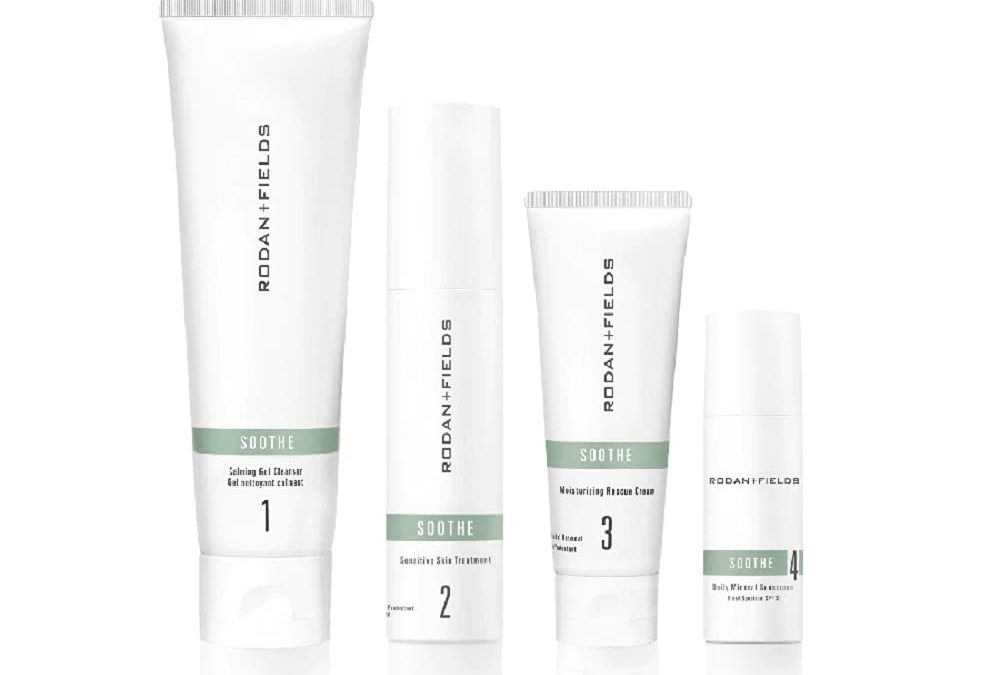
Best Rodan+ Fields Products
[Review] in 2022 written by nail expert Jess RowleyCheck out the results fast - here are our review winners[dica_divi_carousel item_width_tablet="400px" item_width_phone="345px"...
Related Post: Best Conditioner For Curly Hair
